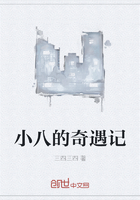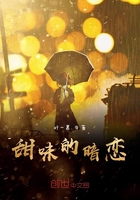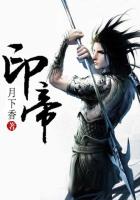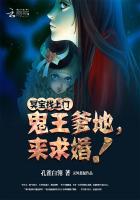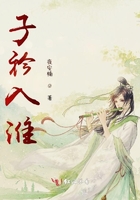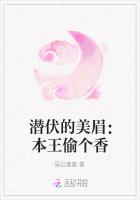Chinese ancient printing was the most advanced and popular in the world. The foundations of three publishing systems—government, private and book shop—were settled as early as the Tang and Five Dynasties Period. Besides those three, there were two other quite influential systems: temple and book institutes. Together, they created a unique publishing system. In the long-term development, each system, with distinctive features, contributed to ancient printing and played an immeasurable role in the spread and preservation of ancient books, culture and knowledge.
Official printing: government publishing
Official printing refers to the publishing sector funded or hosted by the central governmental institutions or local cultural or administrative organizations. Before the invention of printing, governments of many periods were involved in the collection, edition, transcribing and spread of books and records, which never stopped. Due to the low efficiency of transcribing, which was the main method of reproduction, the scale of publication was also constrained. Not until the invention of printing, did the government’s realization of the advantages of printing technology lead to large-scale printing of books. Gradually, an influential official printing system emerged with large capacity and bright characteristics.
Feng Dao and the first
printing of Confucian classics Inspired by popular nonofficial publishing and to help the public benefit from Confucius classics, Feng Dao (882–954), a prime minister in Later Tang Dynasty and Later Jin Dynastyof Five Dynasties in succession, made a request to the emperor in the third year of Changxing of Later Tang Dynasty (932AD) to have the nine Confucius classics printed based on the Kaicheng Stone Classics. The nine were I Ching, Book of Odes, The Book of History, Rites of the Zhou, The Book of Rites, Etiquette and Ceremonies, The Zuo Commentary of the Spring and Autumn Annals and The Gongyang Commentary and The Guliang Commentary. His request was granted and printing commenced in that year but was not concluded until 935. Besides the nine classics, another three books were also printed: The Annotation of Classics, Classical Characters and Jiujing Ziyang. Since this project was supervised by the imperial academy, these books are known as the “Jianben version of the nine Confucius classics in the Five Dynasties period.” They heralded official book printing in China and had far-reaching impact on the dynasties that followed. For example, the imperial academy during the Song Dynasty used these books as the basis for their reproduction. Feng Dao was also regarded as the founder of major official printing and publishing of Confucian classics in Chinese history.
Printing by government was started by Feng Dao during the Five Dynasties period. It became prosperous throughout the Song and Yuan dynasties and reached its heyday during the Ming and Qing dynasties. Official printing generally consisted of central and local government printing: the Imperial College in the Song Dynasty, the Central Inner Court in the Ming Dynasty and the Wuyingdian in the Qing Dynasty were the important institutions of central government printing in their respective times. Gongshiku Printing in the Song Dynasty and Seignior Printing were the representatives of local government printing.
After the Opium War, official printing declined and was gradually replaced by modern publishing. Since its inception, government book printing followed a distinct path, to serve as a tool to influence the public and maintain feudal rule. The content was also quite focused on Confucian classics, historical records and compilations driven by emperors. With strong financial support and talent, the quality of books from this system was guaranteed and served as a model to the whole publishing industry. This sector was also a major contributor to the preservation of ancient classics, the popularization of knowledge and enhancements in the quality of books.
Bookshop printing: non-official publishing
“Shufang” (bookshops), also called Shulin, Shupu, Shutang or Shupeng, evolved from the Shusi of the Han Dynasty. Its predecessors are book stands on the street and book vendors who sold books to pedestrians. After the invention of printing, the business scope of bookshops expanded from retail and wholesale to compiling, editing, writing, carving and printing. In essence, it combined the functions of a publishing house, printing workshop and bookstore. Books from this source are oriented to the general public and their ultimate purpose was profit. This type of publishing was more commercial than official and private publishing and is similar to today’s private publications.
In the ancient Chinese book printing system, bookshops, with wide distribution, quantity and the greatest impact, were on the upsurge during Tang Dynasty (about the 8th century). They were the major force for the production of ancient books and also the mainstream of commercial book circulation. They adopted block printing first, which laid the foundation for the rise of official and private book printing. Over a thousand years, many famous book printing families emerged, which took great pains to build their businesses, handed down from generation to generation, and enjoyed a lasting significance. Thereby, with a distinctive content and format, they contributed greatly to the spread and preservation of traditional culture. Of the many famous printing families, the most well-known are the Yu’s in Jian’an and Chen’s in Lin’an during the Song and Yuan dynasties.
Private printing: personal publishing



